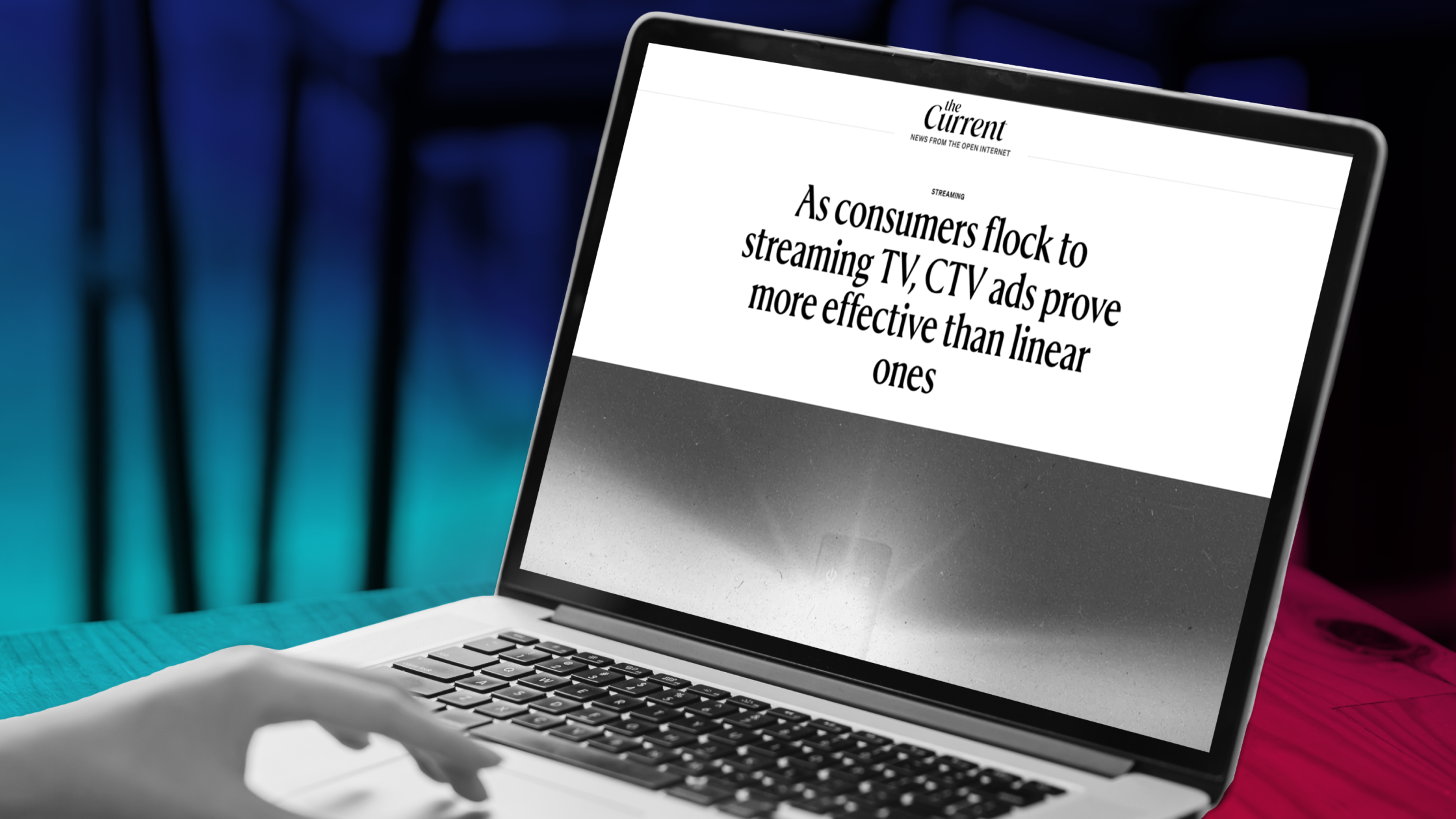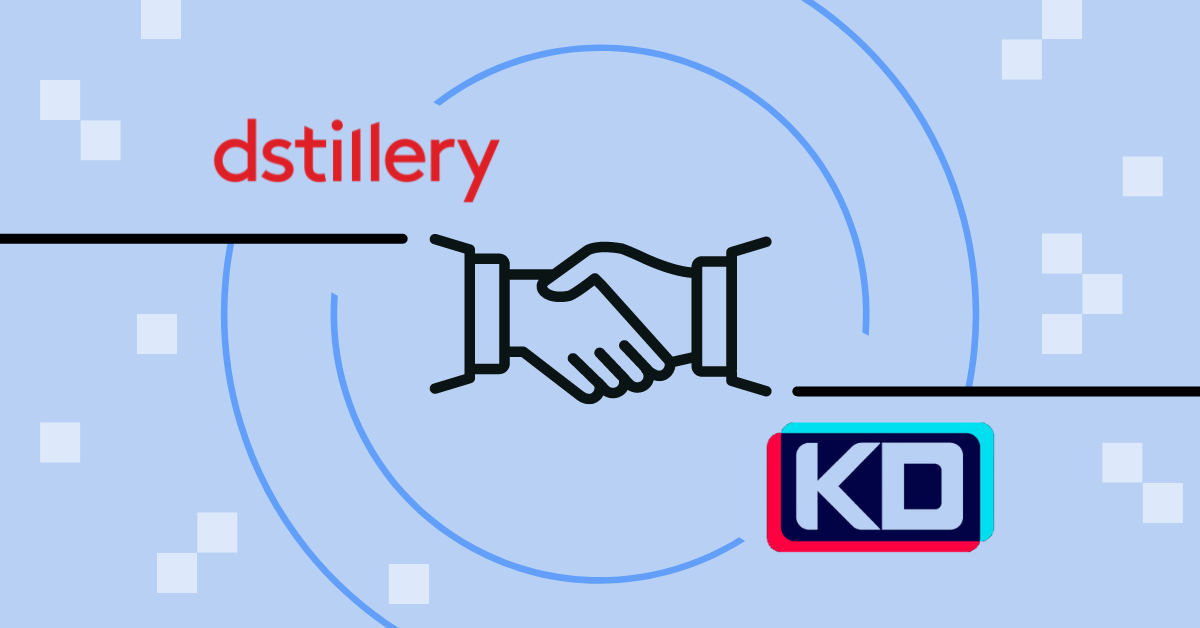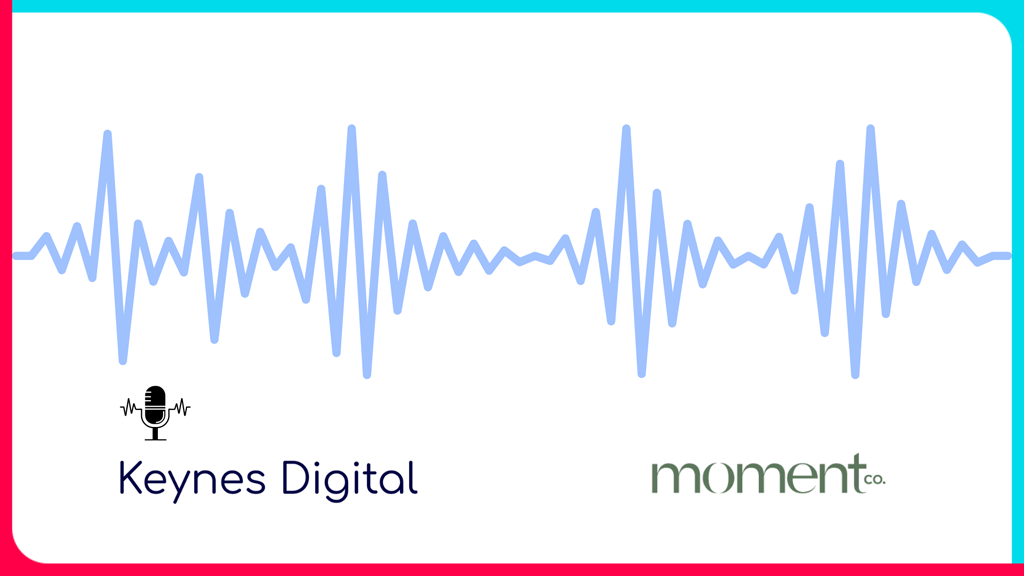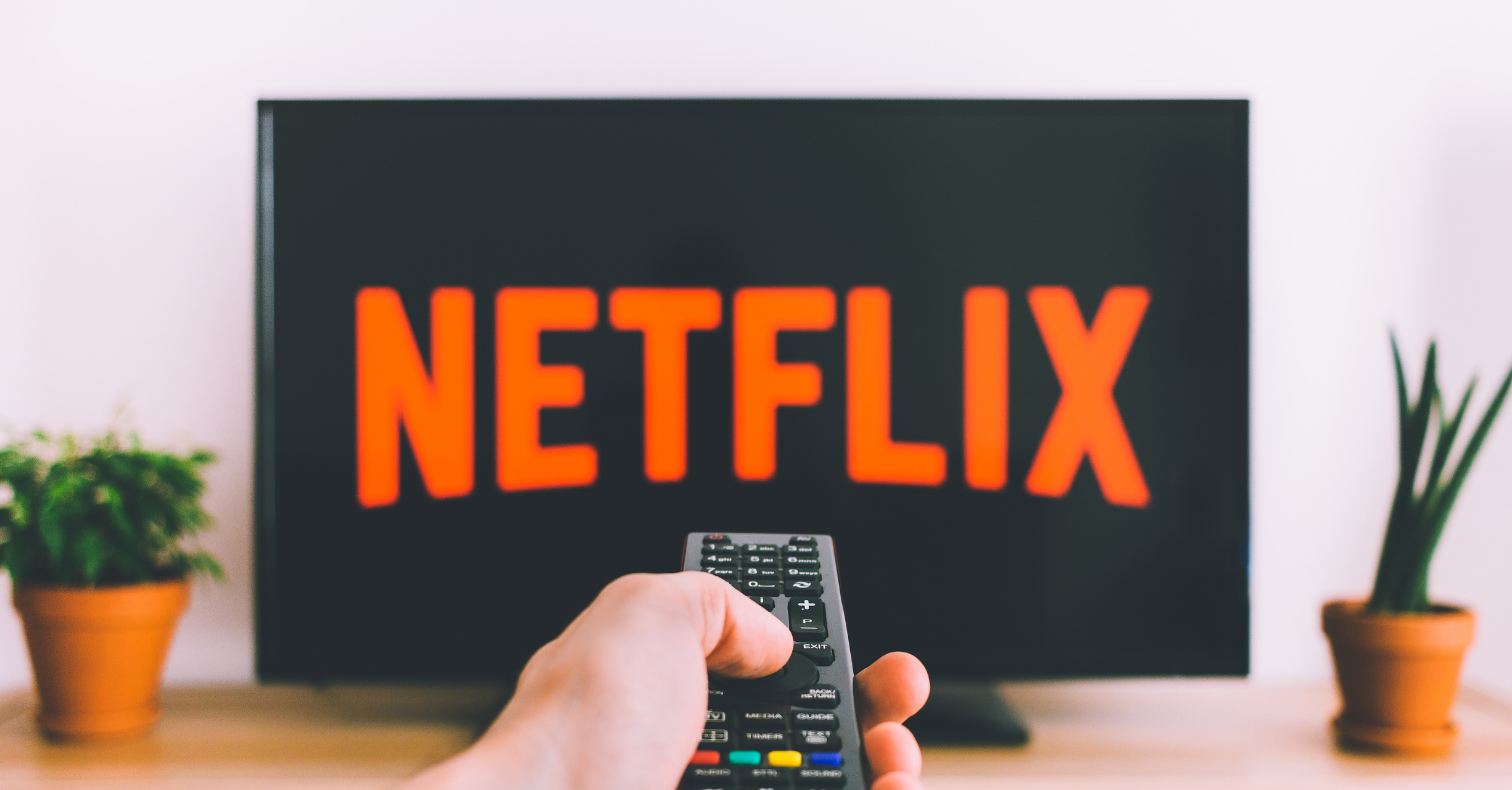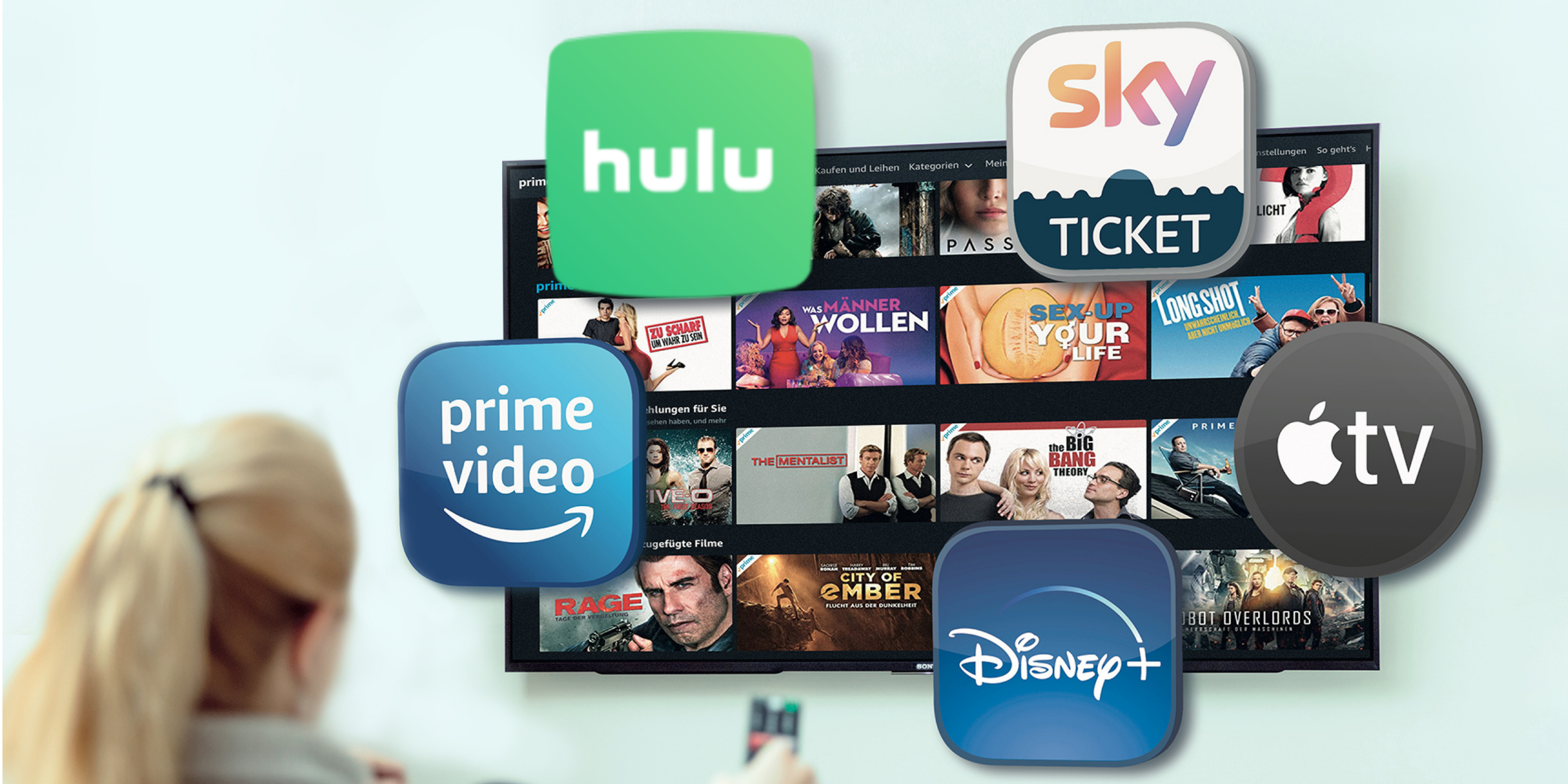Programmatic TV Platforms
The 411 on Programmatic TV Platforms?
One of the biggest benefits that a programmatic tool brings with it has to do with the almost incredible level of data that advertisers have access to when it comes to their target audience. Programmatic TV buying involves the process of using technology to digitally purchase ad spots on TV in a far more effective way – all armed with the insight needed to better understand a target audience, who they are, and what they want to hear.
Programmatic TV buying allows advertisers to set up and serve traditional TV campaigns to very specific consumers, or their niche audiences to be exact. This is all using the insights needed to optimize their targeting abilities across the board. In other words, it’s simply a more effective way to get a precise message in front of the right target audience – thus increasing the chances that those people will become paying customers before you know it.
What is Programmatic TV?
As stated, the programmatic TV definition involves an automated, data-driven way to buy and deliver ads that will ultimately run alongside TV content. But what is programmatic advertising? This is an opportunity for marketers to serve up ads across not only the Internet via desktop and laptop computers but also on mobile devices, Connected TVs, and more. Linear televisions, as well as set-top boxes, would also fall under this category.
Programmatic CTV – A No-Brainer
It’s important to touch on a related concept – CTV advertising. First, what is Connected TV? CTV is a sub-category of video on demand and it is very close to OTT, also known as over-the-top. However, Connected TV examples would be those devices that are used to display the content – it’s not a term referring to the content itself.
So while Hulu or Peacock would be Connected TV examples of the type of premium content that we’re talking about, the devices used to deliver that content would fall under the CTV umbrella. CTV channels include but are not limited to those devices like the Apple TV, gaming consoles like the Microsoft Xbox, or even apps that are built right into a smart TV’s onboard platform. Connected TV examples, by device, also include being able to watch this premium content on mobile, tablet, and desktop.
Connected TV advertising statistics go a long way toward proving just how effective this type of technology truly is. According to one recent study, people who view content on CTV devices are 42% more likely to buy a product when compared to someone who saw the same ad on traditional television. This is because the ad experiences themselves are far more personal and organic, thus making them far more effective as well.
What is Connected TV Advertising?
Connected TV platforms bring with them a host of different advantages that cannot be ignored. Chief among these has to do with the versatility in terms of where, when, and even what types of ads can be shown to certain viewers.
When most people ask “how does Connected TV advertising work?” they’re still thinking about traditional 30-second ads that simply play during a show’s commercial break. One Connected TV advertising example of an innovative ad format would be an in-stream video ad – one that is typically between 15 to 30 seconds long and that cannot be skipped. These usually play intermittently throughout a program that someone is watching.
Companion banner ads are also great to pair with a Connected TV ad. This enhances target consumer engagement while they may be scrolling through the web. The benefit here is they include the ability to click directly to a brand landing page, allowing them to instantly learn more about whatever product or service they’ve recently been exposed to on TV.
Home screen ads are also common on Connected TV devices like the Roku or Amazon Fire Stick. They could be a full-motion video or an image and typically include some type of specific Call-To-Action. As Connected TV advertising companies grow it’s beneficial to look at the services provided. If interested in incorporating this into your marketing strategy with a full-service Connected TV advertising company, contact Keynes to get a consultation.
Again, in terms of Connected TV vs OTT, these are similar concepts but are not quite the same thing. People tend to use the terms interchangeably, but that isn’t quite accurate. OTT refers to any content that is delivered not through traditional channels, but via the Internet. Connected TV, more often than not, is the hardware used to gain access to that content.
So if you wanted to watch a new movie on Hulu, that would be an example of premium OTT content. However, you need some way to do that – which is why you would use a Roku or Apple TV, or even mobile, desktop, or tablet. The most important matter is to know the difference between premium OTT content and OTT content released on Youtube. These are nowhere close to the same.
Programmatic Linear TV
Linear TV advertising is a modern-day term to refer to what was previously called “traditional television.” Programmatic linear TV is certainly possible, but it isn’t quite as effective as the means outlined above.
By the very nature of linear TV meaning, viewers don’t necessarily have as much control as they might like. If they want to watch a particular program, they have to be home at a set date and time to do so. They could always DVR it, sure – but there is also a fair chance they might miss it if it doesn’t line up with their schedule. Likewise, when it comes to linear TV advertising, they could always get up and walk out of the room during a commercial break and the advertisers themselves would have absolutely no way of knowing that this happened.
Therefore, the question of Connected TV vs linear TV typically sees the former as the victor. Marketers get more freedom and flexibility in terms of how and where their ads can display, and users get a more personal (and therefore more relevant) advertising experience.
Programmatic TV vs Addressable TV
Addressable TV, on the other hand, is a type of technology that lets marketers offer up different commercials to different homes – even if they’re watching the same television show or network. The addressable TV definition allows advertisers to make sure that they’re always getting the right message in front of the right person at exactly the right time, regardless of which Connected TV channels they’re watching.
Based on the vast amounts of data that are being collected, you don’t just know who viewers are or where they live – you know precise demographic information about them. Therefore, you also know that one person may respond positively to an ad while another person might not – this despite the fact they’re watching the same show at roughly the same time. Therefore, this is why addressable TV vs linear TV always sees addressable TV come out ahead. You can always show the right ad to the right person in a way that guarantees maximum effectiveness moving forward.
In terms of addressable TV vs OTT, again they’re two different sides of the same coin. Addressable TV refers to the tech-based strategy of displaying ads, while OTT still refers to any content that is delivered in an on-demand fashion over the Internet.
Programmatic Advertising Platforms
So what are the different smart TV platforms? There is a wide range of options to choose from depending on your needs. Television manufacturers like Samsung and LG have their own app stores built-in, for example, that allow people to view content from premium channels. Connected TV advertising platforms regularly take advantage of these and similar innovations.
Regardless of how you look at it, television advertising companies are transforming TV – for the better and for all time. Viewers aren’t necessarily against advertising – it’s just that they don’t like ads that are irrelevant and that have little to do with their day-to-day lives. Therefore, it’s important to turn to technology to get more specific – and more personal – with your messaging.
The building blocks of this were laid in the OTT revolution from the outset. People want to watch what they want when they want, and on any device that they want. Advertising is certainly no exception to this. By embracing the best that programmatic advertising platforms have to offer, it creates a legitimate win-win situation for all involved – which may very well be the most important benefit of all.
Industry Expert Insights
We are your high-touch, performance-focused streaming TV and programmatic advertising partner. Our team of experts and a one-of-a-kind data-driven platform connects you to the best streaming TV marketing strategies.










